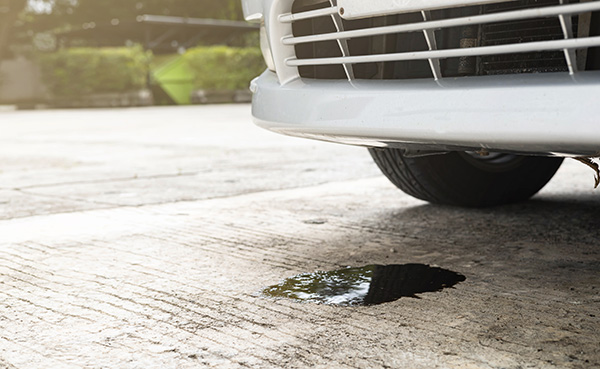
Small spots under your Audi can turn into big repairs if they are ignored. Modern Audi engines use tight sealing surfaces and lots of rubber gaskets that work hard in heat and traffic. As those parts age, a slow seep can become a steady drip. Finding the true source early protects the timing system, the turbo on equipped models, and keeps the driveway clean.
Why Audi Engines Develop Leaks Over Time
Heat cycles harden rubber and flatten gasket surfaces. Direct injection and compact engine bays keep temperatures high around covers and housings. Once a seal loses elasticity, vibrations open a path for oil to escape. Short trips add to the problem because moisture and fuel traces age the oil and the soft parts faster. A healthy crankcase ventilation system is critical, as excess pressure can push oil past the weakest seal.
Valve Cover Gaskets and PCV Issues
Valve cover gaskets are common leak points on many Audi four and six cylinder engines. You may smell hot oil after parking or see a wet edge along the cover. If oil reaches the exhaust, a light smoke can appear at idle. A weak or clogged PCV assembly raises crankcase pressure and turns a small seep into a larger leak. Replacing the gasket together with a PCV test prevents a repeat and keeps oil out of the spark plug tubes.
Oil Filter Housing and Cooler Seals
The oil filter housing and the attached cooler use several molded seals. Heat and age flatten those seals, and oil starts to weep down the block. Drivers often think the leak comes from the oil pan because that is where the drip lands. A clean inspection after a degrease tells the story. On many models, replacing the housing seals or the full housing with updated parts solves the problem for the long term.
Front and Rear Main Seals
The crankshaft seals at the front and rear can seep as miles add up. A front main leak can mist the serpentine belt, causing it to slip or squeal. A rear main leak can leave oil at the bellhousing and cause clutch chatter on manual cars. These repairs are more involved because other parts need to come off for access. The upside is that the fix lasts when paired with a check of crankcase pressure and a careful inspection of the sealing surface.
Turbocharger Feed and Return Lines
Turbocharged Audi engines rely on a steady flow of clean oil for cooling and bearing life. The metal lines and the flex joints that feed and return oil can seep at the crimped ends or the banjo washers. A light burning smell after a spirited drive or a thin film on the turbo heat shield are early clues. Catching this early keeps oil away from hot housings and protects the turbo bearings from running low.
Diagnosing the Source Without Guesswork
Oil migrates, so the highest wet point is the true source. A methodical plan saves time and parts:
- Degrease the area and add a UV dye to the oil.
- Drive a short loop, then inspect with a UV lamp for the first sign of wetness.
- Check the crankcase vacuum with a gauge to confirm the PCV system is working.
- Verify oil filter cap torque and the correct filter insert, since over tightening can create leaks at the housing.
This sequence separates a simple gasket from a pressure problem that would defeat new parts.
Can You Keep Driving With a Small Leak
Many leaks start small and seem harmless. The risks add up. Oil on a hot exhaust creates smoke and can trigger concerns in traffic. Oil on rubber mounts and bushings shortens their life. A leak near the timing area can soften the belt on engines that still use one, which is not a risk worth taking. Topping up buys time, but the safest path is to schedule an inspection and plan a repair before the leak grows.
Stop Oil Leaks with RM Automotive in Northridge, CA
If you see fresh spots on the driveway, smell hot oil after parking, or add a quart between services, RM Automotive will find the source and fix it right. We clean and dye test, verify crankcase ventilation, and replace the exact gaskets, seals, or lines that are failing, using updated parts where available.
Call or book in Northridge today and keep your Audi tight, clean, and ready for every mile.